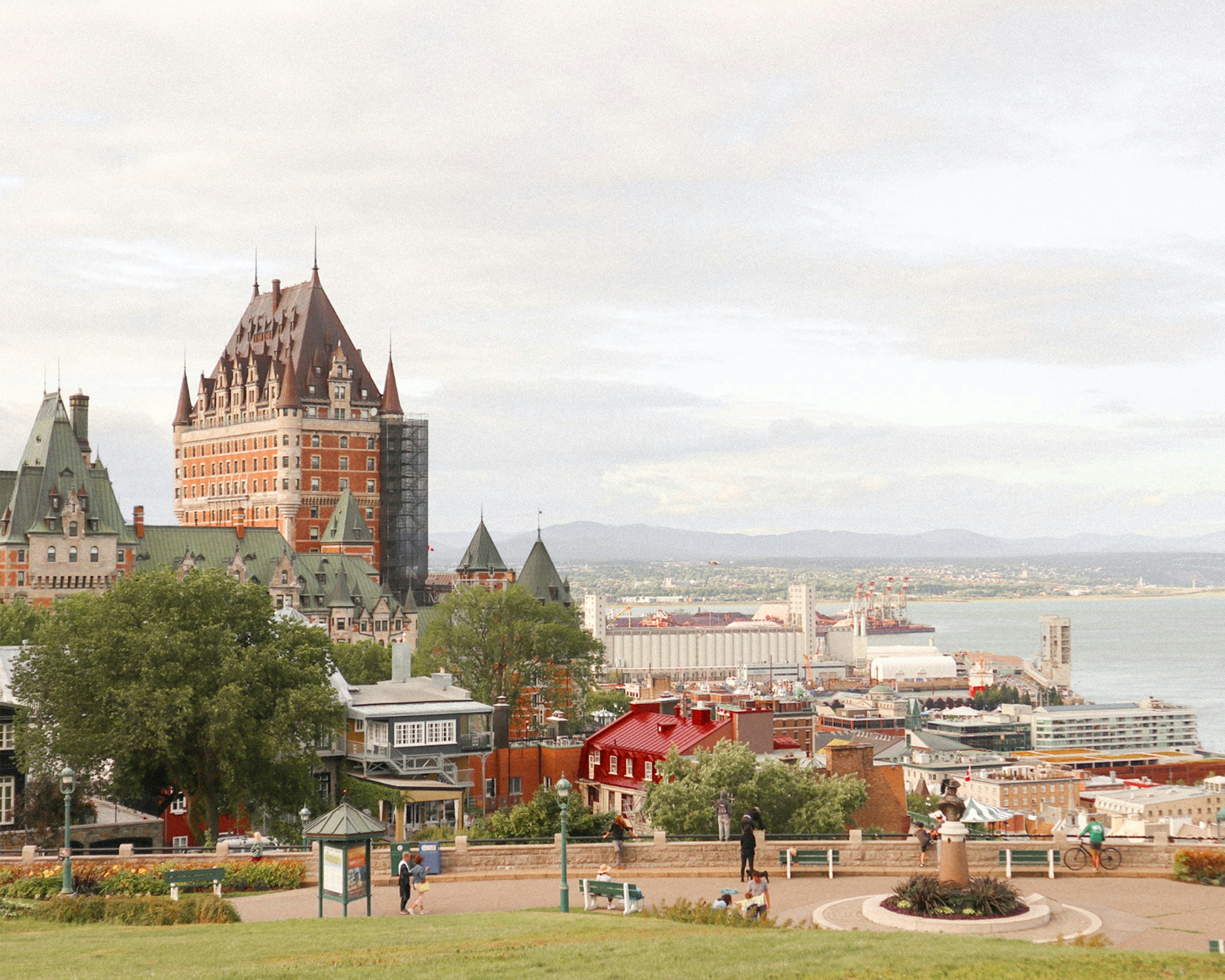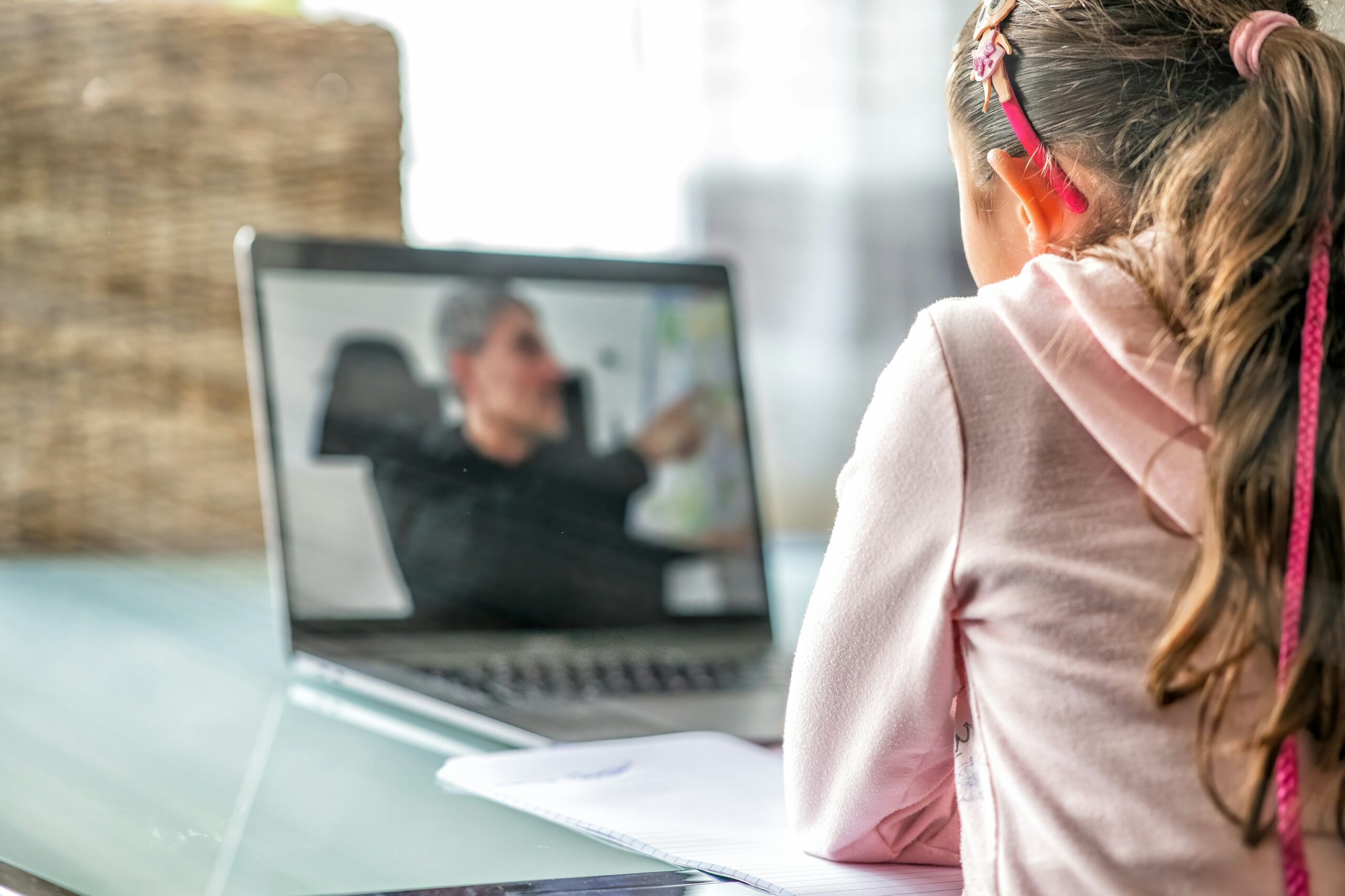Jumping into French: A Travel Game-Changer
Why Learning French Makes Travel Awesome
Learning French isn’t just about picking up a new language; it’s about unlocking a whole new travel experience. French is spoken in loads of countries, so knowing it can make your trips way more fun and meaningful. Imagine being able to chat with locals, understand their customs, and not feel lost in translation.
| Perk | What It Means |
|---|---|
| Talking the Talk | Asking for directions, ordering food, and having basic chats in French makes everything smoother. |
| Cultural Goldmine | French opens up a treasure trove of cultural goodies in French-speaking places. |
| Safety Net | In emergencies, knowing French can be a lifesaver. |
| Making Friends | Speaking French helps you bond with locals, making your travel feel more genuine. |
Traveling becomes a breeze when you can speak the local lingo. Learning French lets you dive into the culture and get the most out of your adventures.
Making Family Travel Fun with French
Traveling with family is a blast, and learning French together can make it even better. When you and your kids learn French, you’re not just prepping for trips; you’re making memories.
- Team Effort: Learning French as a family builds teamwork. Practice phrases, play language games, and cook French dishes together.
- Kid-Friendly Fun: Kids love learning through games, songs, and stories. Keep them excited about French with fun activities.
- Confidence Boost: When kids use their French in real life, like ordering ice cream or saying hello, they feel super proud.
- Cultural Eye-Opener: French introduces your family to new cultures and traditions, making your kids more curious and open-minded.
Adding French to your family travel plans makes your trips richer and sets the stage for lifelong learning. For more tips, check out our section on learning French and explore French language apps for families.
Getting Started with French
Basics of French Language
Ready to dive into French? Let’s kick things off with the essentials. Getting a grip on the alphabet, some handy phrases, and how to pronounce them will set you up nicely.
Alphabet and Pronunciation
The French alphabet is pretty much like the English one, but with a few extra accents. Knowing how these letters sound is key. Check out our French pronunciation guide for more details.
| Letter | Pronunciation |
|---|---|
| A | ah |
| E | uh |
| I | ee |
| O | oh |
| U | oo |
Common Phrases
A few basic phrases can go a long way. Here are some to get you started:
- Bonjour (Hello)
- Merci (Thank you)
- S’il vous plaît (Please)
- Oui/Non (Yes/No)
- Excusez-moi (Excuse me)
Want more? Head over to our essential French phrases for travelers.
Fun Ways to Learn French with Kids
Teaching French to kids can be a blast. There are plenty of fun ways to make it enjoyable for them.
Games and Activities
Games are a great way to keep kids interested. Try memory matching with French vocabulary cards or use language apps made for kids. For more ideas, visit our page on French language apps.
Songs and Rhymes
Songs and rhymes are perfect for learning pronunciation and vocabulary. Singing French nursery rhymes or listening to French children’s songs can make learning fun and interactive.
Storytime
Reading French books or bilingual storybooks can spark a love for the language. Plus, it introduces kids to French culture through stories and pictures.
By mixing these fun methods, learning French can be a joy for the whole family. For more structured learning, check out our French language courses.
Practical French for Travel
Heading to a French-speaking country? Knowing a bit of French can really make your trip smoother. From ordering a croissant to finding the nearest bathroom, these handy phrases and cultural tips will help you get around with ease.
Must-Know French Phrases for Travelers
Here are some key French phrases that will be super useful during your travels:
| English Phrase | French Phrase |
|---|---|
| Hello | Bonjour |
| Goodbye | Au revoir |
| Please | S’il vous plaît |
| Thank you | Merci |
| Yes | Oui |
| No | Non |
| Excuse me | Excusez-moi |
| Do you speak English? | Parlez-vous anglais? |
| Where is the bathroom? | Où sont les toilettes? |
| How much does it cost? | Combien ça coûte? |
| I would like… | Je voudrais… |
| Help! | Au secours! |
If you’re traveling with kids, teaching them these phrases can be a fun family activity. Check out our article on fun ways to learn French with kids.
Cultural Tips and Etiquette
Understanding local customs is just as important as knowing the language. Here are some tips to help you fit in and show respect:
- Greetings: Always say “Bonjour” when you enter a shop or start a conversation. It’s polite and sets a good tone.
- Formal vs. Informal: Use “vous” for formal situations or when talking to strangers, and “tu” for informal settings or when speaking to kids.
- Dining Etiquette: Keep both hands on the table during meals, but not your elbows. Saying “Bon appétit” before eating is customary.
- Tipping: In France, service is usually included in the bill. However, leaving a small tip (about 5-10%) is appreciated for exceptional service.
- Public Behavior: Keep your voice down in public places and avoid loud conversations.
For more on French pronunciation and how to sound more natural, visit our French pronunciation guide.
By learning these essential phrases and cultural tips, your travel experience will be more enjoyable and immersive. For more resources and tools, check out our article on French language apps to keep practicing on the go.
Making the Most of Your French Skills Abroad
Using French in Real-Life Situations
Traveling to French-speaking countries? Your French skills can turn a good trip into a great one. Imagine ordering a croissant, asking for directions, or haggling at a market—all in French. It’s not just about getting what you want; it’s about the joy of connecting with people in their own language.
| Situation | Example Phrase | Translation |
|---|---|---|
| Ordering Food | “Je voudrais un croissant, s’il vous plaît.” | “I would like a croissant, please.” |
| Asking for Directions | “Où est la gare, s’il vous plaît ?” | “Where is the train station, please?” |
| Shopping | “Combien ça coûte ?” | “How much does it cost?” |
| Greeting | “Bonjour, comment ça va ?” | “Hello, how are you?” |
Practicing these phrases before your trip can give you a confidence boost. Plus, speaking French shows respect for the local culture and often leads to friendlier interactions.
Connecting with Locals Through Language
One of the best parts of speaking French while traveling is the chance to connect with locals. Even if your French isn’t perfect, people appreciate the effort. It can lead to some pretty amazing conversations and experiences.
Strike up a chat at a café, market, or tourist spot. Ask for recommendations, share your travel stories, and learn about their culture. These moments can give you unique insights and make your trip even more special.
| Activity | Example Question | Translation |
|---|---|---|
| Asking for Recommendations | “Quels sont vos restaurants préférés ici ?” | “What are your favorite restaurants here?” |
| Sharing Experiences | “Nous visitons la France pour la première fois.” | “We are visiting France for the first time.” |
| Learning About Culture | “Pouvez-vous nous parler de cette tradition ?” | “Can you tell us about this tradition?” |
Using French to connect with locals not only enriches your travel experience but also gives you practical opportunities to practice and improve your language skills. For more tips on mastering French pronunciation, check out our French pronunciation guide.
By incorporating these tips, you can make the most of your French skills abroad and create unforgettable memories. For more resources on learning French, visit our French language learning page and explore various French language courses and French language apps.
Getting Cozy with French
Sneaking French into Everyday Life
Making French a part of our daily routine can be fun and effective for everyone. Here’s how we can sprinkle a bit of French into our everyday activities:
- Chatting in French: Start with simple phrases during daily activities. Say “Bonjour!” in the morning or “Merci” when thanking someone.
- Labeling Stuff: Stick French labels on household items. For example, slap a “le réfrigérateur” label on the fridge.
- Storytime in French: Reading French books or stories together can boost our vocab and pronunciation. Check out our French pronunciation guide for tips.
- Cooking French Food: Whip up a French dish together and practice reading recipes in French. It’s a tasty way to learn new words.
- French Tunes and Flicks: Listen to French songs or watch French movies. Try singing along or repeating phrases you hear.
Planning French-Focused Adventures
Planning trips with a French twist can supercharge our learning. Here are some ideas to get us started:
- Immersion Trips: Visit a French-speaking country for a full-on French experience. Chatting with locals and using French in real-life situations will skyrocket our confidence. For more on using French daily, visit using French in real-life situations.
- Cultural Workshops: Join workshops like cooking or art classes conducted in French. Learn new skills while practicing the language.
- Local Meetups: Join local French language meetups or exchange groups. These gatherings are great for chatting with native speakers and other learners.
- Guided Tours: Choose guided tours in French when visiting museums or historical sites. This enriches our travel and helps us learn specific vocabulary.
- Homestays: Stay with a French-speaking host family for a unique cultural immersion. Practice conversational French and learn about daily life and customs.
By weaving French into our daily lives and planning French-themed trips, we can make learning enjoyable and meaningful. For more tips and resources, check out our articles on French language learning and French language courses.
| Activity | French Phrase |
|---|---|
| Morning Greeting | Bonjour! |
| Thank You | Merci |
| Refrigerator | le réfrigérateur |
| Cooking | Cuisiner |
| Good Night | Bonne nuit |
Embracing French in these ways not only makes travel more fun but also brings us closer as a family through shared learning and cultural adventures.



